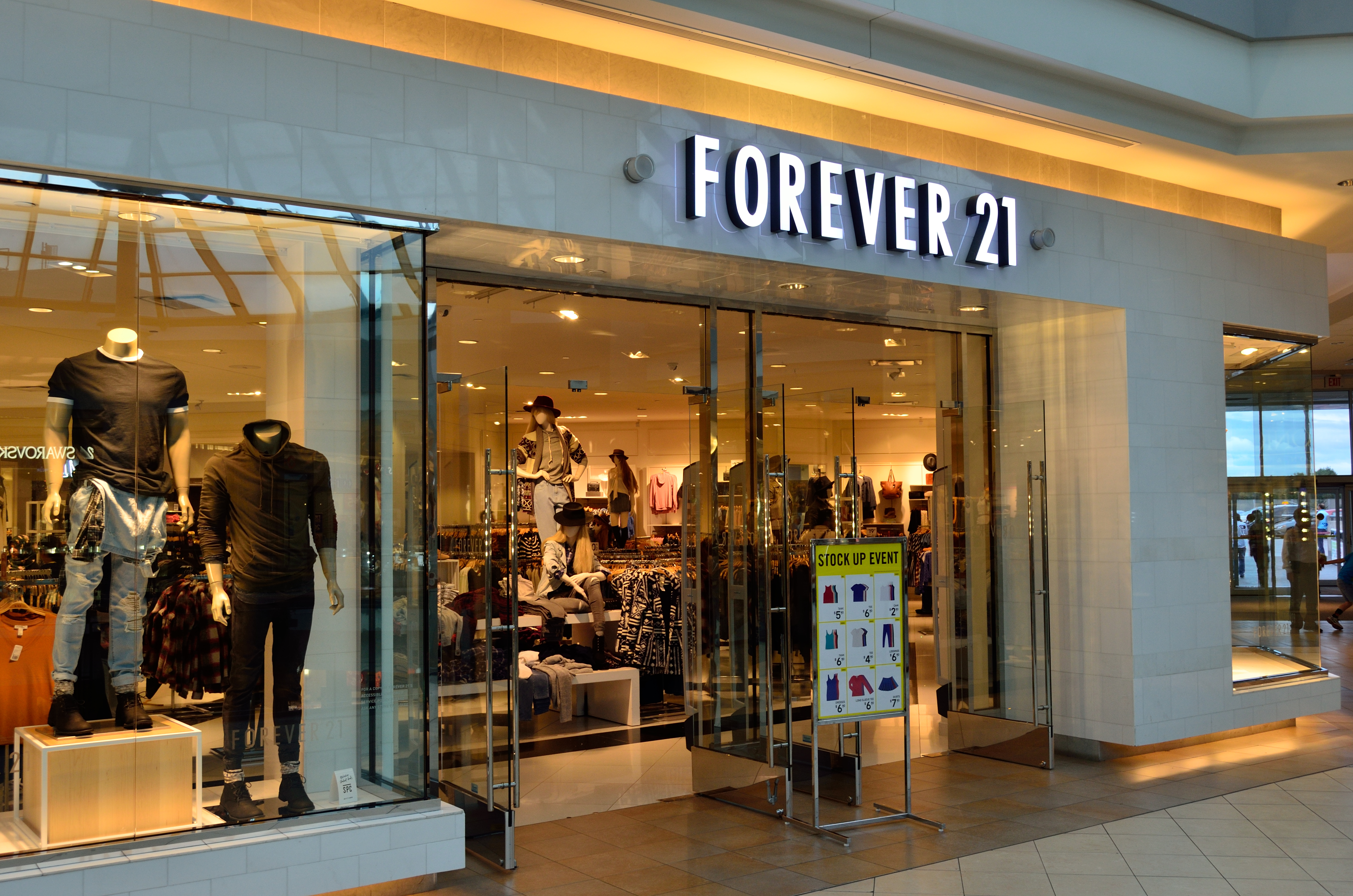
I want to buy Ritz crackers. Is it wrong to save 20 cents and not grab the Susan G. Komen-labelled ones?
Why do we have consumer “sins”? Are we responsible for how the company that designed my phone pays its workers? Or how the sheep which grew the wool for my sweater was handled?
I would never consciously cause someone harm or act unjustly towards another human, but in the age of information we seem to be constantly notified of our rampant consumerism, and the trail of destruction it leaves. In a world of consumer evils, is there something beautiful, something I can honor by my purchase?
A prime example of changing consumer needs was visible last week in the collapse of clothing company “Forever 21,” which The Washington Post claims fell due to their inability to adapt to changing market demands. Americans are no longer looking for low prices to the detriment of ethics.
Despite the low prices, The Post writes that “the environmental effects of fast fashion are well-documented: The apparel industry is a major source of water pollution and greenhouse gas emissions worldwide…There is also a human toll: Such retailers tend to rely on low-wage workers in countries such as China and Bangladesh, where they have few protections.”
Condemned with charges of “‘Fast Fashion” by the court of consumers, Forever 21 has been sentenced to bankruptcy.
The ethical integrity of a business has become a determining factor for where people spend their money. Consumers are willing to pay more for a product which supports a cause they stand for. This is evident in everything from pink ribbons on milk jugs, to REI closing for Black Friday to promote anti-consumerism.
A prime example of this push for a more ethical form of consumerism is Patagonia. In an article for Time Magazine, Alana Semuels recently wrote that “today’s customers want their dollars to go to companies that will use their money to make the world a better place.”
Patagonia embodies this philosophy of principle-driven consumerism. In an interview on NPR’s “How I built This,” Founder of Patagonia Yvon Chouinard said he believes he should use the resources of his company to present a different way of doing business.
“We’re trying to teach people that you don’t throw things away, you repair, and we’ve committed ourselves to owning the product forever,” Chouinard said.
In this new flavor of consumerism, principles come before profit. There is an almost evangelical bent to the very mission of Patagonia. They are not just making great coats but changing hearts and minds. Once our minds our changed, we want to be a part of the brand lifestyle: We buy the merch, we flaunt the stickers, and we honor the principles the brand stands for. Modern consumers venerate a brand because of those principles, rather than just its product.
The Second Council of Nicea which rejected Iconoclasm explains the connection between a religious icon and the object of the image.
“The honor paid to an image traverses it, reaching the model, and he who venerates the image, venerates the person represented in the image,” the council wrote.
This connection to a higher principle is the basis of modern consumerism. Through our veneration of a brand we seek to connect with the lofty principles of environmentalism, breast cancer awareness, or LGBTQ+ rights — or in the case of Forever 21, denounce fast fashion.
In venerating a brand, I’m now worshipping the principle it stands for rather than what it sells. I may have no need for a Yeti water bottle, but I like what it stands for, so I buy it.
My wallet is now 20 bucks lighter, but so is my conscience. In a dark world of capitalist greed, perhaps I have found a beacon of hope by shopping at a company that honors my principles.
Postwar consumerism was motivated by patriotism: People spent their paychecks so they could receive the next one. Because patriotism no longer hinges on consumerism we’re more luxurious — social issues drive our spending patterns.
But what social issues are motivating these habits, and will they remain pure while also being used to generate a profit? If I grab the Susan G. Komen crackers, who comes out on top: Ritz, breast cancer research, or me? In the battle for my dollar, is a pink ribbon just a weapon?

